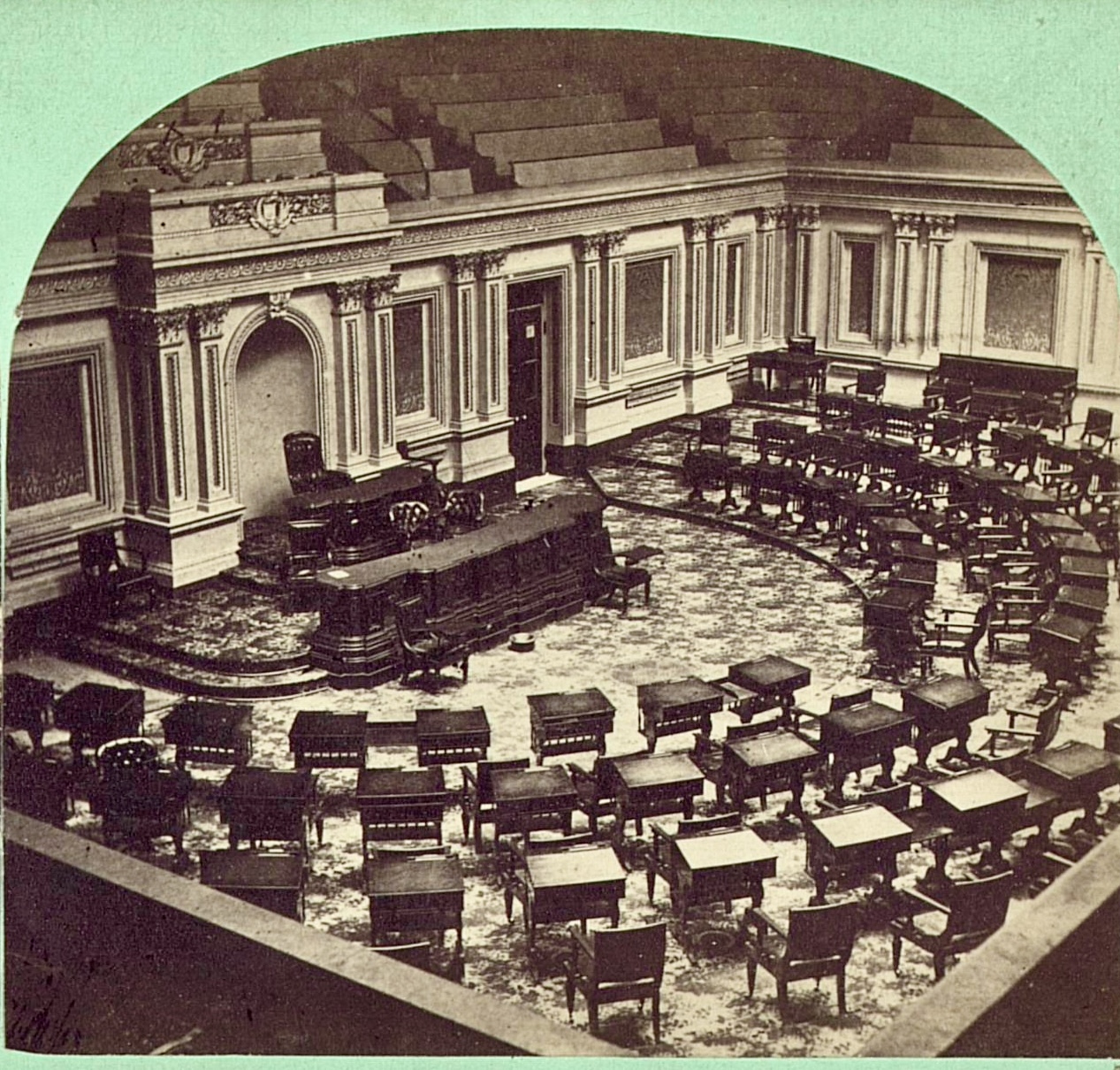In an era when Christian cinema often settles for saccharine sentiment and production values that would embarrass a church youth group, something remarkable happened in 2013. Hollywood—that supposed bastion of secular progressivism—delivered the most authentically Christian film in decades. They just forgot to market it that way.
“The Conjuring” stands as a masterclass in what American filmmaking can achieve when it embraces rather than abandons the moral foundations that built our culture. While contemporary Christian films preach to the choir with all the subtlety of a megaphone, director James Wan crafted something far more subversive: a horror film that takes the supernatural reality of good and evil seriously.
At its heart, “The Conjuring” presents an uncompromisingly traditional worldview. The Warrens aren’t just paranormal investigators—they’re warriors in the oldest battle known to humanity. Ed Warren opens the film teaching a classroom about the three stages of demonic infestation, speaking with the authority of someone who has witnessed evil’s reality firsthand. This isn’t the metaphorical evil of modern psychology; this is the real thing, requiring real faith to combat.
What makes this cultural victory so delicious is how it succeeds precisely where Hollywood’s usual secular approach fails. The film doesn’t mock faith or treat it as quaint superstition. Instead, it presents Christianity as the most practical and powerful response to genuine evil. When Lorraine Warren clutches her cross and calls upon God’s protection, it actually works—not through positive thinking or self-empowerment, but through submission to divine authority.
Compare this to the typical Hollywood treatment of religion, where faith is either the domain of hypocrites and fanatics or a harmless personal preference with no real-world implications. “The Conjuring” presents a universe where spiritual warfare is literal, where traditional marriage provides strength against chaos, and where humility before God offers the only true protection against evil’s advance.
The film’s portrayal of the Warrens’ marriage deserves particular praise. In an entertainment landscape obsessed with dysfunction and irony, we see a couple whose love has deepened through shared purpose and mutual respect. Ed protects Lorraine from spiritual harm while relying on her superior gift of discernment. Their partnership reflects the complementarian ideal that progressive culture insists is outdated, yet here it proves essential for victory over darkness.
Even more striking is the film’s treatment of the possessed mother. Rather than the typical horror trope of punishment for transgression, we see innocent suffering that demands sacrificial intervention. The Warrens risk everything not for glory or profit, but because their faith compels them to protect the vulnerable. It’s Christianity in action, not Christianity in committee meetings.
The film’s massive commercial success—over $300 million worldwide—proves that audiences hunger for stories that take the spiritual dimension seriously. While Hollywood continues churning out superhero spectacles where the only transcendence comes from special effects budgets, “The Conjuring” demonstrated that the oldest stories remain the most powerful.
This cultural moment offers hope for American creativity’s future. When filmmakers trust audiences with substantive moral content, when they craft stories that acknowledge humanity’s spiritual nature, they create art that resonates across demographic lines. “The Conjuring” succeeded because it remembered what our entertainment industry has forgotten: that the battle between good and evil isn’t just compelling drama—it’s the deepest truth about human existence.
Perhaps it’s time for explicitly Christian filmmakers to take notes from this “secular” masterpiece and remember that the most effective evangelism often comes disguised as excellent storytelling.








